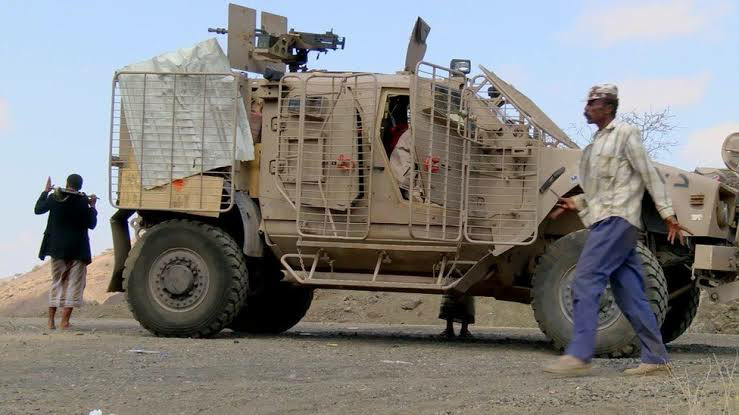Unraveling Yemen's Media Warfare: Al-Qaeda's Response to the BBC Documentary.
In the intricate tapestry of Yemen's conflict, where alliances shift like desert sands, the media has become a battleground for shaping narratives and influencing perceptions. Recently, Al-Qaeda in the Arabian Peninsula (AQAP) released a new edition of their Inspire magazine, titled "Guidance from Inspire on the BBC Documentary 'American Mercenaries: Assassination Missions in Yemen,'" in direct response to a BBC documentary that aired in January. This documentary delved into the UAE's alleged funding of assassination operations in Yemen through American contractors, sparking controversy and debate.
At the heart of this clash between media narratives lies a struggle for credibility and influence. AQAP's decision to release their version of events through Inspire magazine suggests an attempt to undermine the credibility of the BBC documentary and shift attention away from its allegations. By presenting their perspective, AQAP aims to challenge the narrative put forth by the BBC and assert their own interpretation of events in Yemen.
What makes this exchange particularly intriguing is the revelation of connections between the parties involved. Both the BBC documentary and Al-Qaeda's Inspire magazine were crafted by individuals with ties to the Houthis and the Muslim Brotherhood, adding layers of complexity to the situation. This underscores the interconnected nature of Yemen's conflict, where various factions utilize media as a tool to advance their agendas and discredit their adversaries.
Furthermore, the release of AQAP's Inspire magazine highlights the evolving tactics of non-state actors in leveraging media to shape public opinion. In an era dominated by digital communication and social media, extremist groups like AQAP recognize the power of propaganda as a weapon of influence. By disseminating their message through platforms like Inspire magazine, they seek to amplify their voice and recruit sympathizers to their cause.
However, amidst the cacophony of competing narratives, the truth often remains elusive. The information warfare waged by conflicting parties in Yemen's conflict underscores the importance of critical thinking and independent analysis. As consumers of media, it is essential to approach information with skepticism, considering the agendas and biases of those who disseminate it.
In conclusion, the clash between Al-Qaeda's Inspire magazine and the BBC documentary serves as a microcosm of the broader media warfare engulfing Yemen's conflict. By dissecting the motivations and connections behind these narratives, we gain insight into the complex dynamics at play in shaping public perception. In a landscape where truth is often obscured by propaganda and misinformation, discernment becomes our greatest ally in navigating the fog of war.


Comments
Post a Comment